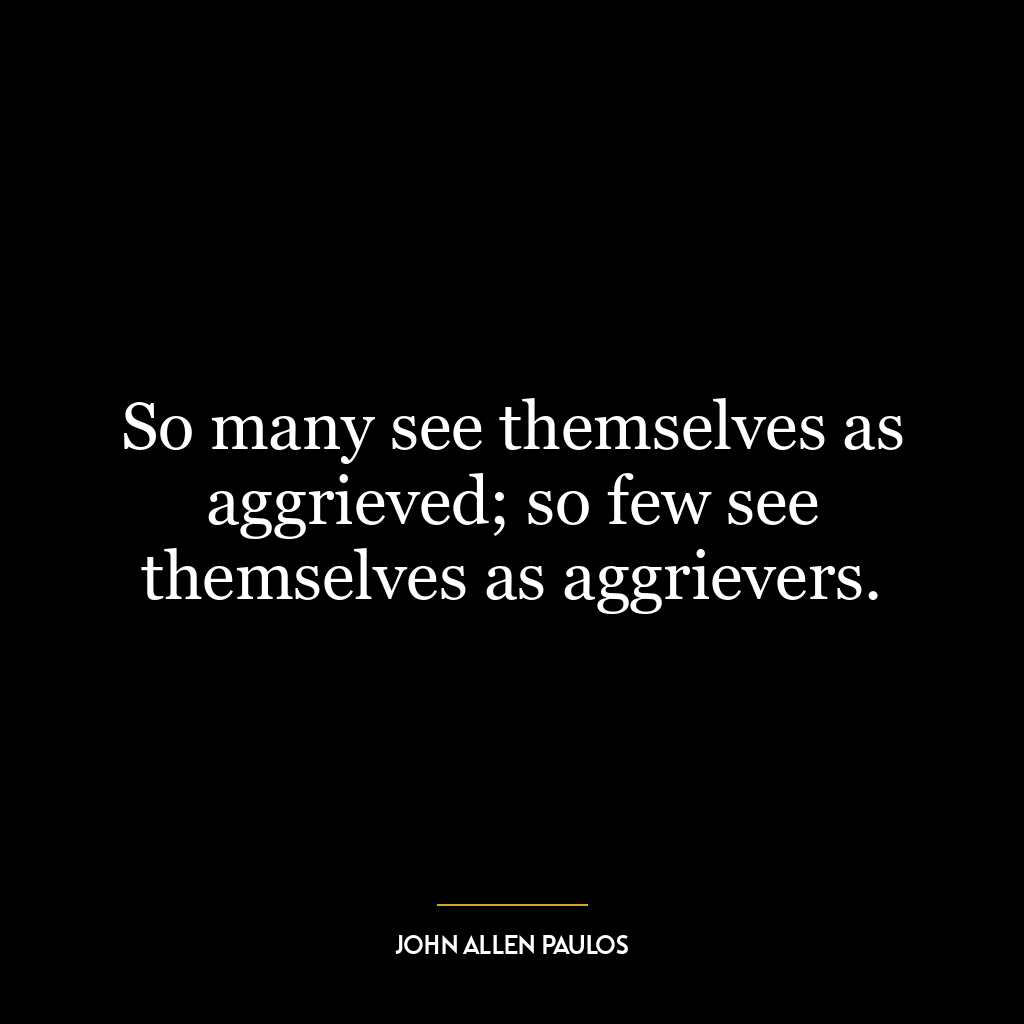Carl Friedrich Gauss Quotes
- Mathematician
- Germany
- 1777 - 1855
Carl Friedrich Gauss was a German mathematician, astronomer, and physicist who made significant contributions to various fields of mathematics and science. He was born in 1777 in Brunswick, Germany and showed exceptional mathematical abilities from a young age. Gauss is known for his work in number…Read More
Carl Friedrich Gauss was a German mathematician, astronomer, and physicist who made significant contributions to various fields of mathematics and science. He was born in 1777 in Brunswick, Germany and showed exceptional mathematical abilities from a young age. Gauss is known for his work in number theory, geometry, and statistics, and is often referred to as the “Prince of Mathematicians.”One of Gauss’s most notable works is his “Disquisitiones Arithmeticae,” a groundbreaking book on number theory published in 1801. In this work, he introduced the concept of complex numbers and made significant contributions to the study of quadratic forms. He also developed the method of least squares, which is widely used in statistics and data analysis.Gauss also made significant contributions to astronomy, including his work on the orbit of the asteroid Ceres and his development of the heliotrope, a device used to measure the distance between the Earth and the Sun. He also made important contributions to physics, particularly in the study of electromagnetism.Throughout his career, Gauss received numerous honors and awards for his work, including the prestigious Copley Medal from the Royal Society in London. He is considered one of the greatest mathematicians of all time and his work continues to influence and inspire mathematicians and scientists today.Read Less
Carl Friedrich Gauss was a German mathematician, astronomer, and physicist who made significant contributions to various fields of mathematics and science. He was born in 1777 in Brunswick, Germany and showed exceptional mathematical abilities from a young age. Gauss is known for his work in number theory, geometry, and statistics, and is often referred to as the “Prince of Mathematicians.”One of Gauss’s most notable works is his “Disquisitiones Arithmeticae,” a groundbreaking book on number theory published in 1801. In this work, he introduced the concept of complex numbers and made significant contributions to the study of quadratic forms. He also developed the method of least squares, which is widely used in statistics and data analysis.Gauss also made significant contributions to astronomy, including his work on the orbit of the asteroid Ceres and his development of the heliotrope, a device used to measure the distance between the Earth and the Sun. He also made important contributions to physics, particularly in the study of electromagnetism.Throughout his career, Gauss received numerous honors and awards for his work, including the prestigious Copley Medal from the Royal Society in London. He is considered one of the greatest mathematicians of all time and his work continues to influence and inspire mathematicians and scientists today.
7 Interesting Carl Friedrich Gauss Quotes
Carl Friedrich Gauss Career Highlights
- At the age of 21, Gauss published his first major work, “Disquisitiones Arithmeticae,” which established him as a leading mathematician in Europe.
- In 1801, Gauss discovered the asteroid Ceres, making him the first person to calculate the orbit of a minor planet.
- In 1807, Gauss became the director of the Göttingen Observatory, where he made significant contributions to the field of astronomy.
- In 1818, Gauss published his work on the theory of the motion of celestial bodies, known as “Theoria Motus Corporum Coelestium in Sectionibus Conicis Solem Ambientium.”
- In 1828, Gauss published his famous work, “Disquisitiones generales circa superficies curvas,” which laid the foundations for differential geometry.
- In 1831, Gauss published his work on the law of quadratic reciprocity, which is considered one of the most important results in number theory.
Key Contributions by Carl Friedrich Gauss
- Gauss made significant contributions to number theory, including his work on the fundamental theorem of algebra, quadratic reciprocity, and the prime number theorem.
- He developed the method of least squares, which is widely used in statistics and data analysis.
- Gauss made important contributions to differential geometry, including his work on the curvature of surfaces and the Gauss-Bonnet theorem.
- He made significant contributions to the field of astronomy, including his work on the orbit of the asteroid Ceres and his development of the heliotrope, a device used to measure the distance between the Earth and the Sun.
- Gauss also made contributions to physics, including his work on the theory of magnetism and his invention of the Gauss rifle, a mathematical model of a gun.
What Sets Carl Friedrich Gauss Apart
- Gauss was a child prodigy, showing exceptional mathematical abilities at a young age. He was able to calculate the date of his birth from his parents’ marriage certificate, which was later confirmed by his baptismal record.
- He was a self-taught mathematician, as he did not have access to formal education until the age of 15. Despite this, he made groundbreaking discoveries and developed new mathematical concepts.
- Gauss had a remarkable ability to solve complex mathematical problems in his head, without the use of pen and paper. This earned him the nickname “the Prince of Mathematicians.”
- He was a prolific writer, publishing over 300 papers and books in his lifetime, covering a wide range of topics in mathematics, physics, and astronomy.
Takeaways
- Gauss’s work has had a lasting impact on various fields of mathematics and science, and many of his concepts and theories are still used today.
- He was a versatile mathematician, making contributions to number theory, geometry, statistics, and physics.
- Gauss’s ability to think abstractly and solve complex problems without the use of tools or technology sets him apart as one of the greatest mathematicians of all time.
- His dedication to self-study and his remarkable talent for mathematics serve as an inspiration to aspiring mathematicians and scientists.







